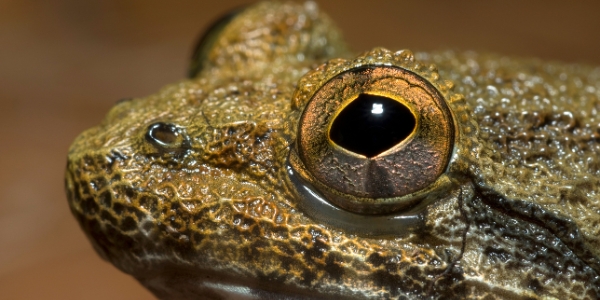Decoding crop genetics with artificial intelligence
We live in a time when it’s never been easier or less expensive to sequence a plant’s complete genome. But knowing all of a plant’s genes is not the same thing as knowing what all those genes do.
Michigan State experts in plant biology and computer science plan to close that gap with the help of artificial intelligence and a new $1.4 million grant from the National Science Foundation. Ultimately, the goal is to help farmers grow crops with genes that give their plants the best chance to withstand threats such as drought and disease.
To get to that point, though, researchers still need to reveal the fundamental role of many of the genes found in plants.
“In terms of plant science, there are major questions that we’re trying to answer: How does a particular gene sequence work? What’s its molecular function? What does it do?” said lead investigator Shin-Han Shiu, a professor in the Department of Plant Biology, the Department of Computational Mathematics, Science and Engineering (CMSE), and a core faculty member in EEB. “In the cases where we don’t know, it’s not because we haven’t tried to find out. It’s because it becomes harder and harder to find the answers through experiments.”
The Spartan team believes that AI can provide the assistance researchers need to crack those tough cases, which represent a sizeable fraction of plant genes. The researchers are using a type of AI known as machine learning, which involves computer algorithms that can essentially be taught.
To “teach” the AI, the Spartans will program in available data, describing what scientists do know about plant genes and their functions. And there is a substantial bounty of this data, particularly from well-studied plants including corn, tomatoes and a model plant known as Arabidopsis.
The algorithm can then start making informed predictions about what genes with unknown functions do and then help guide scientists in designing experiments to test those predictions.
But the team is facing more than just technical challenges with this project. Some scientific communities have been particularly cautious to embrace AI and machine learning algorithms that can seem like indecipherable codes that offer up answers without context, Shiu said.
That’s why he and his colleagues knew they needed to have a group of experts from varied disciplines that could communicate effectively with each other. That way, the team could create machine learning systems where everyone could understand what the answers mean and where they came from.
Read more at NatSci.




